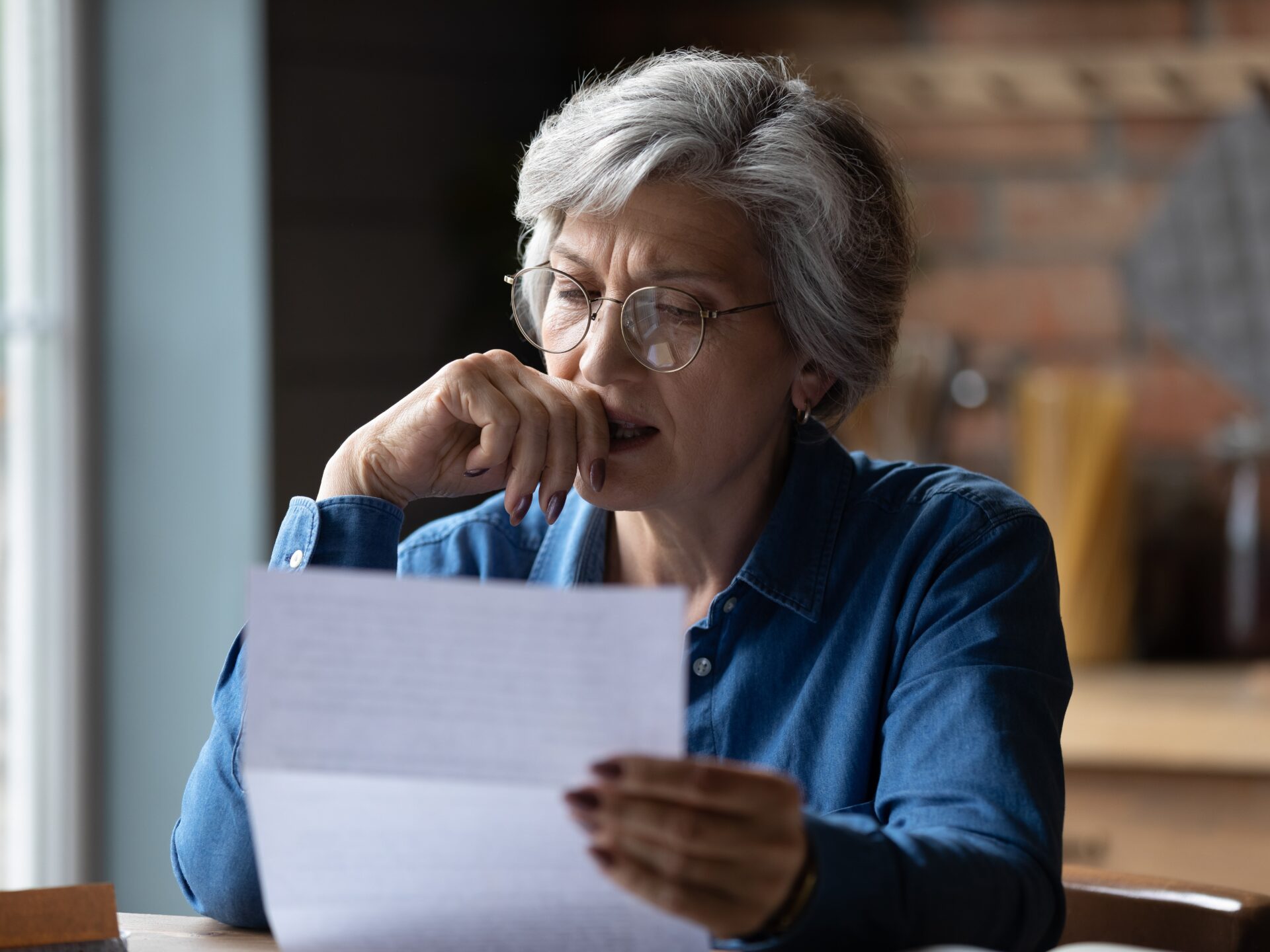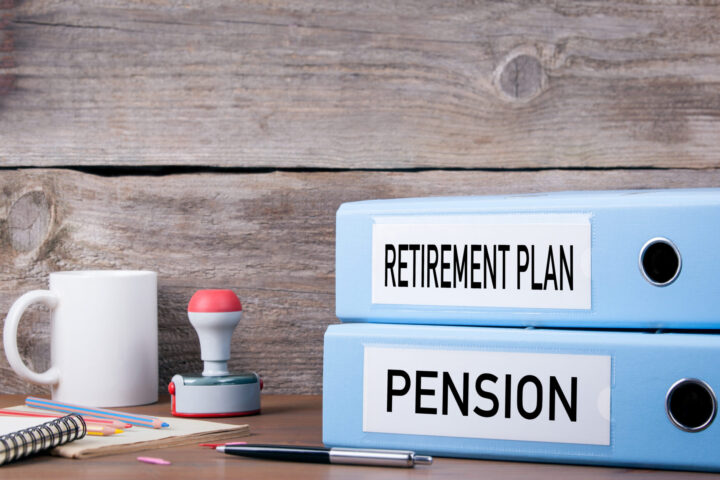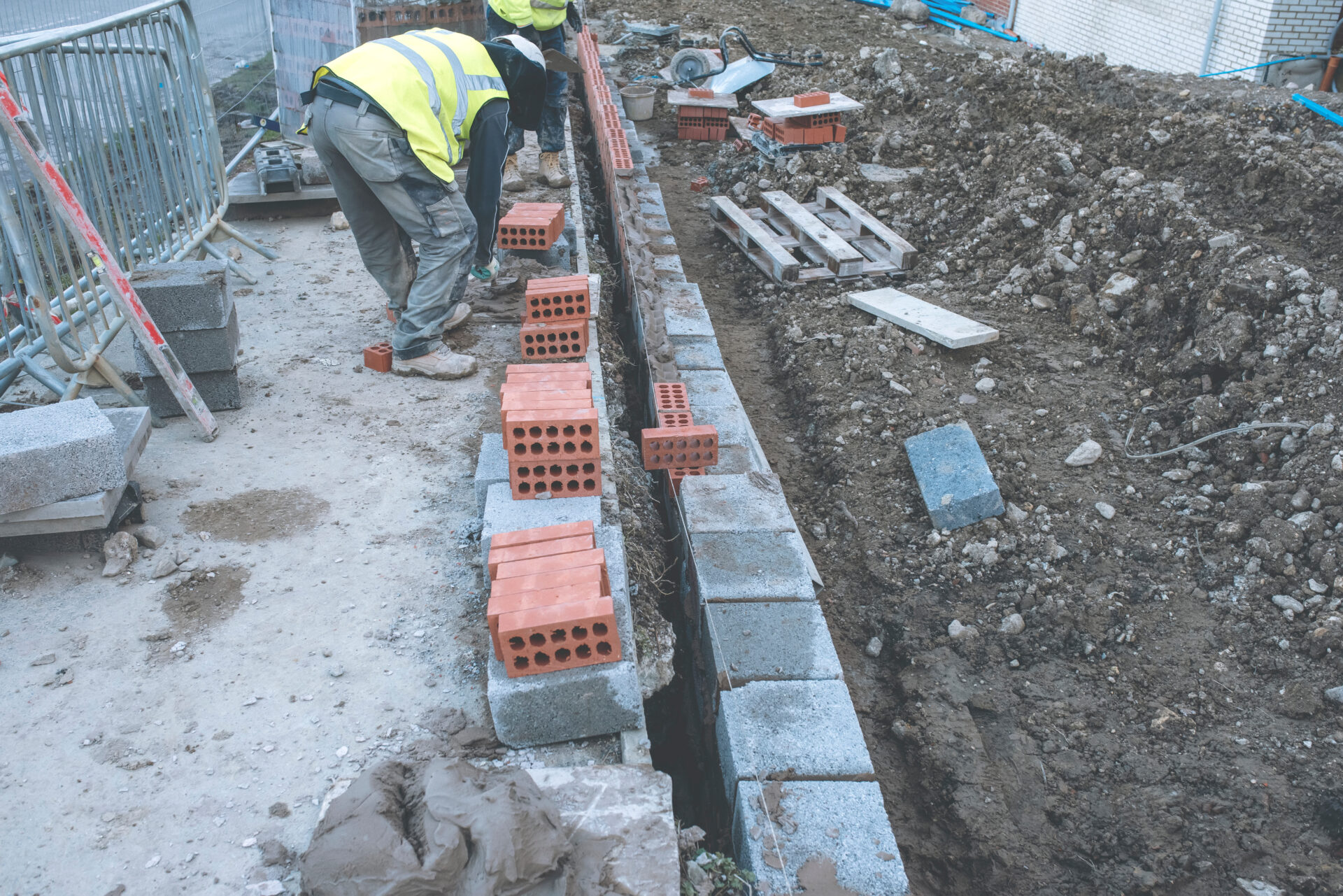Women out of work in their late 50s were hit hardest by the rise in state pension age from 60 to 66 between 2010 and 2020, research from the Institute for Fiscal Studies (IFS) found.
Most of these women did not go back into paid work following the change, leading to a bigger fall in income compared to those still working in their late 50s.
Those out of work saw their average income at ages 60–64 drop by £81 per week, compared to a £42 drop for those who were still in work.
The research found that women already out of work were more likely to have low incomes, poor health or a disability.
These groups were less able to return to work, and so were more affected by the loss of state pension income.
State pension age increases were found to boost employment rates overall, but also led to more people in income poverty.
Despite lower incomes, there was no drop in average spending on essentials like food and energy.
However, participation in social activities such as visiting museums or being part of clubs fell by 8 percentage points, from a baseline of 53% before the reform.
Life satisfaction dropped by 0.25 points for all affected women, with a bigger fall of 0.38 points for those already out of work.
The average before the reform was 7.5 on a 0 to 10 scale.
Heidi Karjalainen, senior research economist at the IFS, said: “Raising the state pension age is an important lever for easing fiscal pressures from an ageing population, but our research shows that the costs of increases so far have not been equally felt.
“Women already out of paid work by their late 50s, often in poor health and on low incomes, rarely return to paid work in response to a higher state pension age.
“Instead, they experience larger income losses and reduced participation in social activities.”
Karjalainen added: “These findings do not mean that the state pension age should not continue to rise. Instead, they highlight the importance of enhanced support for those most harmed by increasing the state pension age.
“In general, helping people remain in, or return to, paid work at older ages, while providing additional targeted financial support for those who cannot, can also help maintain public support for future increases.
“And this could be done by using a small fraction of the boost to the public finances arising from an increase in the state pension age.”

















